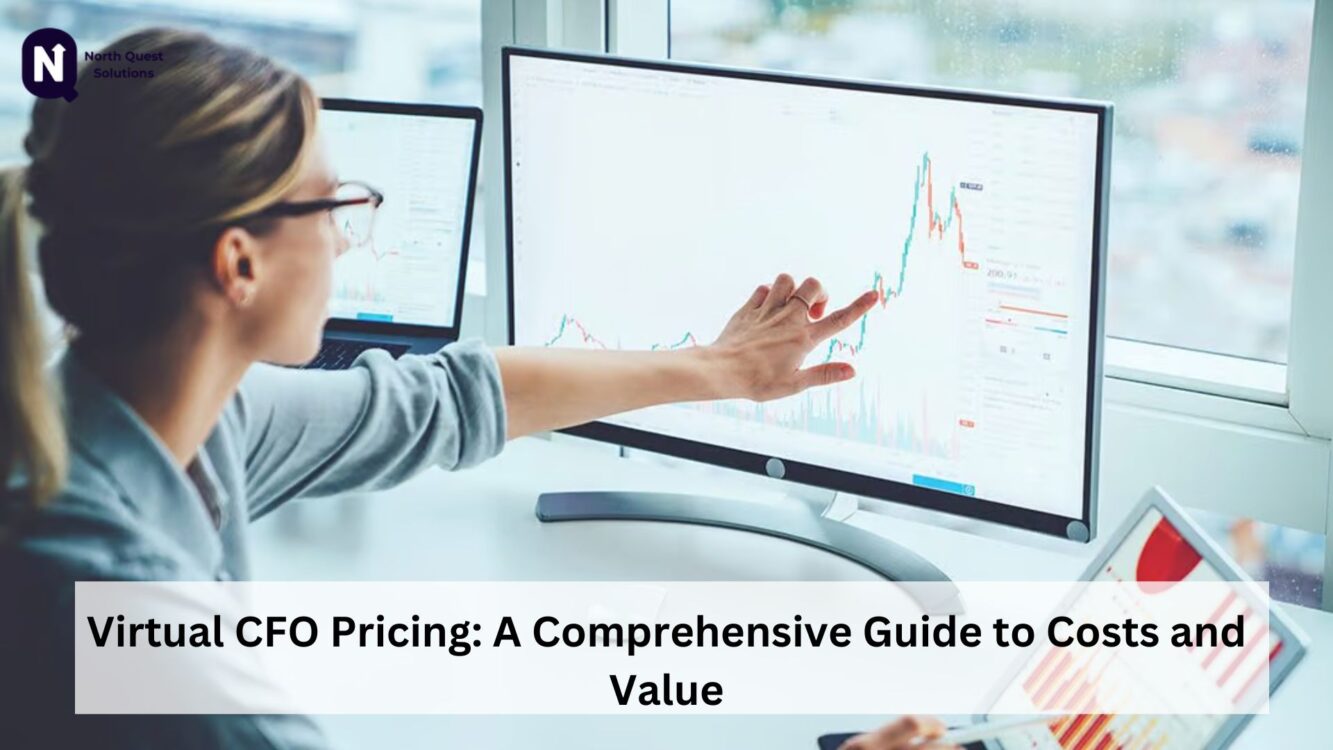
In today’s dynamic business environment, many companies are turning to Virtual CFO Pricing services to gain expert financial guidance without the commitment of a full-time executive. Understanding the pricing of these services is crucial for businesses considering this option.
What is a Virtual CFO?
A Virtual CFO Pricing is an outsourced financial expert who provides strategic financial management, planning, and oversight to businesses on a part-time or project basis. This approach allows companies to access high-level financial expertise without the expense of a full-time CFO.
Factors Influencing Virtual CFO Pricing
Several factors can affect the cost of Virtual CFO services:
- Scope of Services: The range of services offered, from basic bookkeeping to comprehensive financial strategy development, impacts pricing.
- Experience and Expertise: CFOs with extensive industry experience or specialized skills may command higher fees.
- Business Size and Complexity: Larger organizations with complex financial structures may require more intensive services, influencing costs.
- Engagement Duration: Long-term contracts might offer discounted rates compared to short-term or one-time projects.
- Geographical Location: Market rates can vary based on regional economic conditions and the cost of living.
Common Pricing Models
Virtual CFO Pricing typically offer several pricing structures:
- Hourly Rates: Suitable for businesses needing intermittent support. Rates can range from $150 to $500 per hour, depending on expertise and location.
- Monthly Retainers: For ongoing services, businesses might pay a fixed monthly fee, often between $3,000 and $10,000.
- Project-Based Fees: Specific projects, like financial audits or system implementations, may have a set fee, varying widely based on project scope.
Benefits of Hiring a Virtual CFO
Investing in a Virtual CFO Pricing offers several advantages:
- Cost Savings: Access to high-level expertise without the overhead of a full-time executive.
- Flexibility: Services can be tailored to current business needs and adjusted as the company evolves.
- Strategic Insight: Expert guidance on financial planning, risk management, and growth strategies.
Selecting the Right Virtual CFO for Your Business
When choosing a Virtual CFO, consider the following:
- Alignment with Business Goals: Ensure the CFO understands and can support your company’s objectives.
- Transparent Pricing: Look for clear, upfront pricing to avoid unexpected costs.
- References and Track Record: Review past client experiences and successes.
Conclusion
Understanding Virtual CFO pricing is essential for businesses seeking to enhance their financial management without the commitment of a full-time hire. By evaluating your company’s specific needs and comparing different pricing models, you can find a solution that offers both value and flexibility.
Frequently Asked Questions about Virtual CFO Pricing
Engaging a Virtual Chief Financial Officer (CFO) can be a strategic move for businesses seeking financial expertise without the commitment of a full-time executive. To help you understand the nuances of Virtual CFO pricing, we’ve compiled answers to some common questions.
1. What is a Virtual CFO?
A Virtual CFO is an outsourced financial professional who provides high-level financial management and strategic guidance to businesses on a part-time or project basis. This service allows companies to benefit from expert financial oversight without the expense of a full-time CFO.
2. Are there additional costs associated with Virtual CFO services?
Generally, Virtual CFOs offer fixed pricing models to provide transparency and predictability. However, it’s essential to clarify the scope of services included in the agreement to avoid any unexpected costs. Some providers may charge extra for out-of-scope work or additional services beyond the initial agreement.
3. Can Virtual CFO services be customized to fit my budget?
Yes, many Virtual CFO providers offer customizable service packages tailored to a company’s specific needs and budget constraints. This flexibility allows businesses to select the most relevant services without incurring unnecessary expenses.
4. How do Virtual CFOs typically communicate with clients?
Virtual CFOs often utilize various communication tools, including video conferencing, phone calls, and emails, to interact with clients. Regular meetings are scheduled to discuss financial performance, strategic planning, and other pertinent matters.
5. Is there a long-term commitment required for Virtual CFO services?
The commitment length varies depending on the provider and the client’s needs. Some Virtual CFOs offer month-to-month agreements, while others may require longer-term contracts. It’s essential to discuss and agree upon the terms before engagement.
